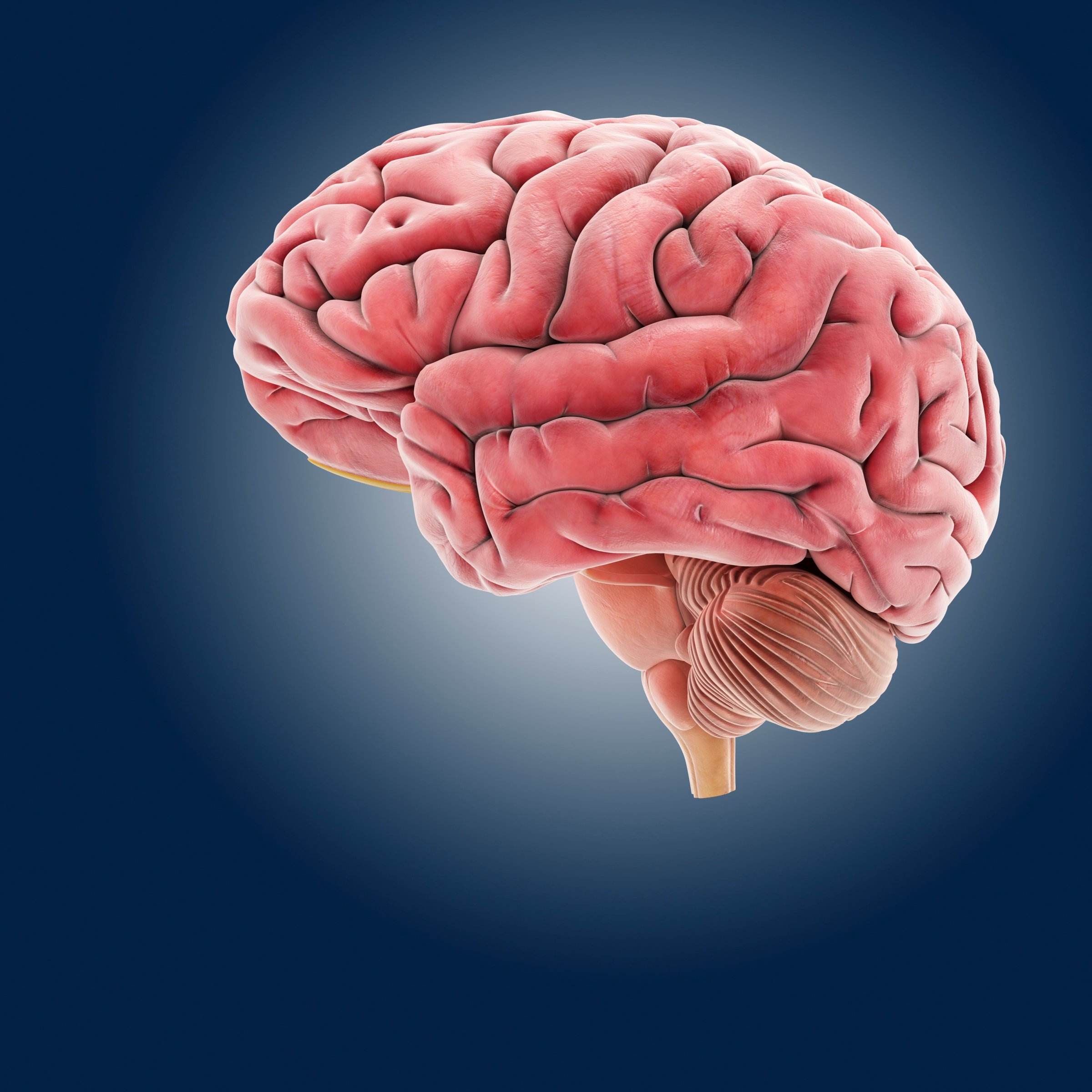
The unknown cause of Sudden Infant Death Syndrome (SIDS) could be a brain abnormality, a new study suggests.
A team of researchers reported that around 43% of infants who died of SIDS shared a brain abnormality that affects the area of the brain called the hippocampus, which is responsible for basic functions like breathing and heart rate, in study published in the journal Acta Neuropathologica.
The team from Boston Children’s Hospital, Harvard Medical School, the San Diego County Medical Examiner’s office, and Baylor College of Medicine in Houston looked at sections of the hippocampus from 153 infants who underwent an autopsy in San Diego. All of the infants had died suddenly between the years of 1991 and 2012. Some of the infants’ deaths could be explained; those that could not be explained fell were ruled as SIDS. Eighty-three of the cases were classified as SIDS.
MORE: Don’t Count on Smart Baby Monitors To Prevent SIDS
Within the infants with SIDS, the researchers found an abnormality in a part of the hippocampus called the dentate gyrus. Specifically, at some parts of the dentate gyrus, it contained a double layer of nerve cells instead of the typical single layer. It’s possible that this abnormality interferes with the brain’s regulation of breathing control and heart rate while a child is sleeping. This abnormality was found in 43% of the SIDS cases.
Researchers believe that there might be a variety of factors that influence the risk of SIDS, which is why the researchers say not all of the cases had the brain abnormality.
It’s also possible that when a child is sleeping in an unsafe position or environment (it is recommended that infants sleep on their backs), the abnormality is triggered. More research is needed to conclude how exactly this quirk in the brain plays out.
More Must-Reads from TIME
- Donald Trump Is TIME's 2024 Person of the Year
- Why We Chose Trump as Person of the Year
- Is Intermittent Fasting Good or Bad for You?
- The 100 Must-Read Books of 2024
- The 20 Best Christmas TV Episodes
- Column: If Optimism Feels Ridiculous Now, Try Hope
- The Future of Climate Action Is Trade Policy
- Merle Bombardieri Is Helping People Make the Baby Decision
Contact us at letters@time.com